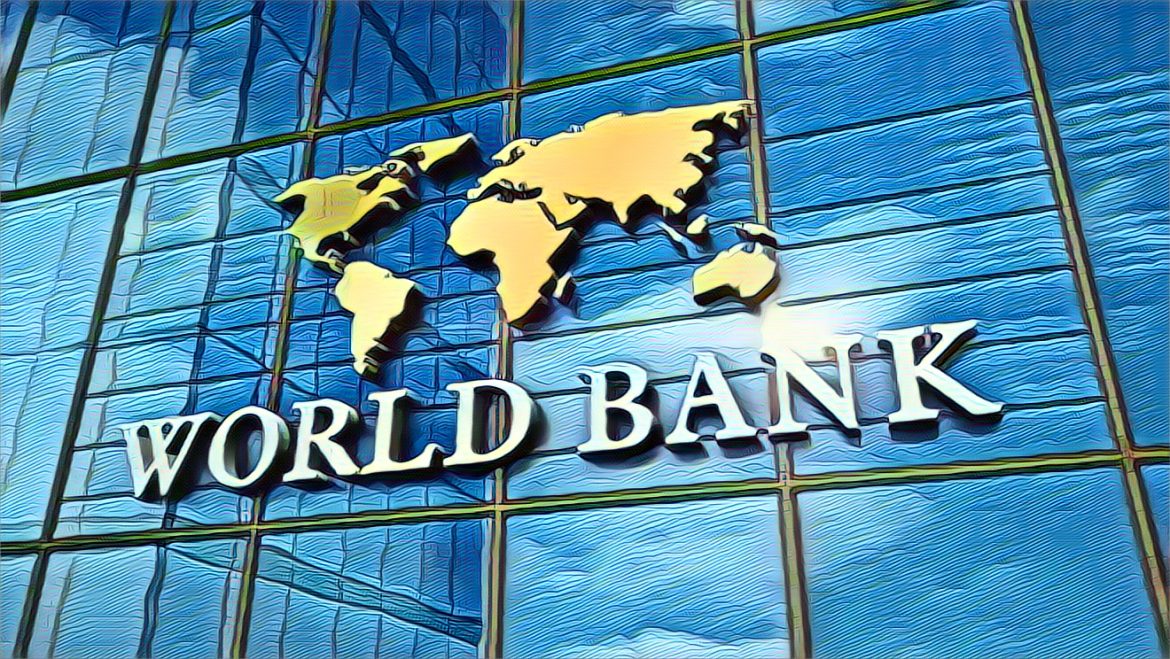Key Points
- World Bank plans to grant Nigeria $632 million through loan approval.
- These loans specifically focus on enhancing nutrition as well as education standards.
- The continued increase in Nigeria’s debt poses challenges as authorities approve additional loans.
The World Bank will authorize $632 million in new financial support for Nigeria today while authorities monitor the country’s debt levels which continue to grow. The financial support provides assistance for the improvement of nutrition as well as the development of quality basic education programs.
Loan Details and Purpose
Two major loan amounts totaling $80 million will support the Accelerating Nutrition Results in Nigeria 2.0 project and another $552 million will fund the HOPE for Quality Basic Education for All program. These projects represent the conclusion of World Bank review procedures while serving as key elements of their Nigeria development strategy emphasizing health services and educational infrastructure.
Recent World Bank Approvals
The World Bank gave its approval just after approving $500 million for the Nigeria’s Community Action for Resilience and Economic Stimulus Program on Friday. This program delivers economic growth through its services of providing both food security assistance and grants for households while also supporting businesses that aim to combat high expenses and inflationary pressures.
Rising Debt Concerns
Some doubts persist about Nigeria’s escalating debt levels even after securing additional financial support. International institutions have become a primary source of funding because the World Bank has approved $9.25 billion in loans during the last three years.
In 2023 Nigeria received debt worth $2.7 billion and the following year they obtained $4.32 billion. Foreign financial institutions increase their lending activity to Nigeria following its mounting budgetary issues.
A federal economist Dr. Aliyu Ilias alerts that new borrowing could worsen the debt situation of Nigeria despite efforts to generate more revenue from fuel subsidy removal along with tax reforms. Ilias maintains that borrowing by itself does not constitute a negative aspect but the current economic scenario in Nigeria makes borrowing problematic.
The government needs to establish a well-planned borrowing strategy
Dr. Tayo Aduloju who leads the Nigerian Economic Summit Group advocates for better methods in borrowing. The expert advocated debt ratio balance between domestic and international commitments accompanied by infrastructure investment initiatives to increase foreign capital inflows instead of increased funding.


